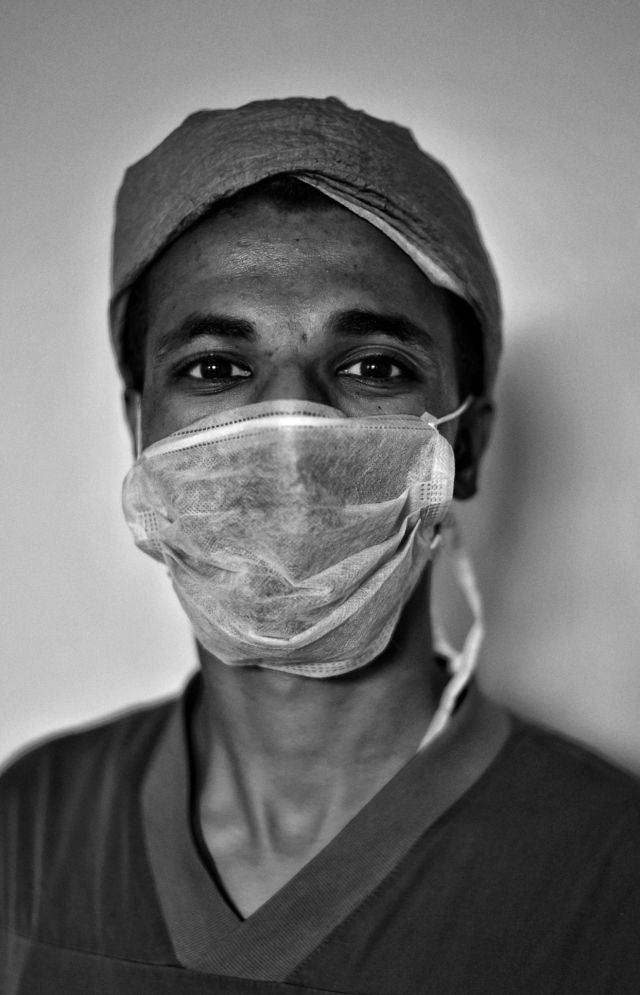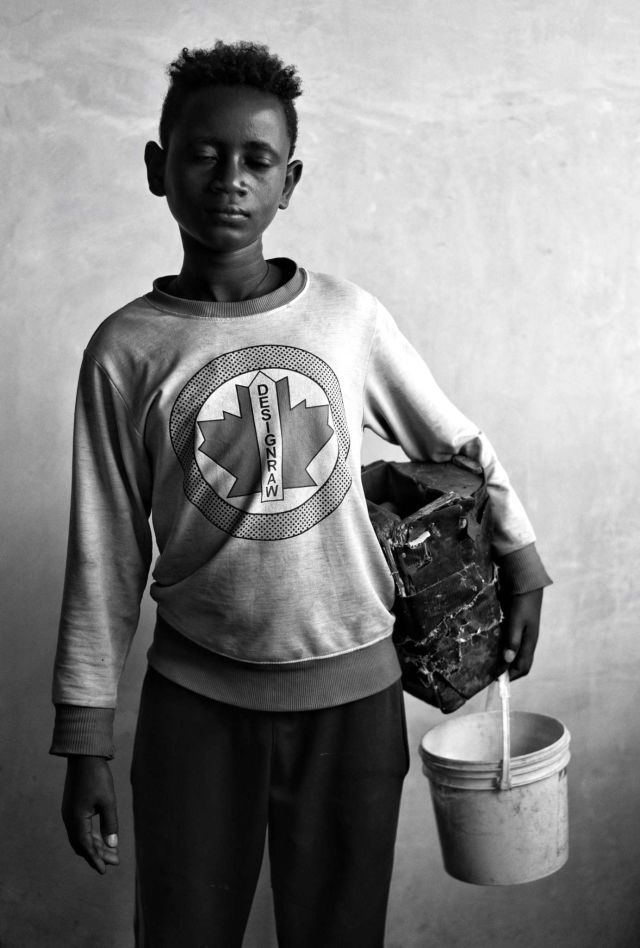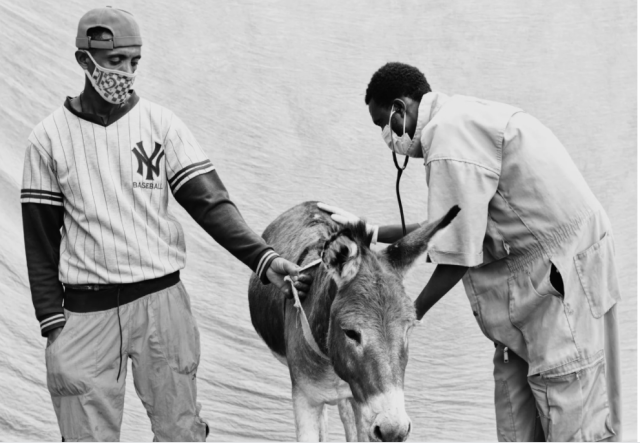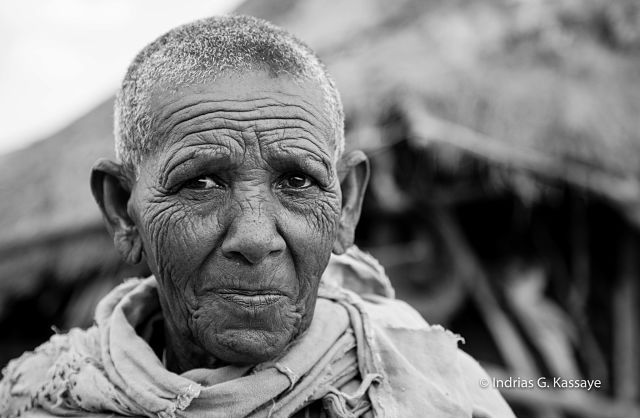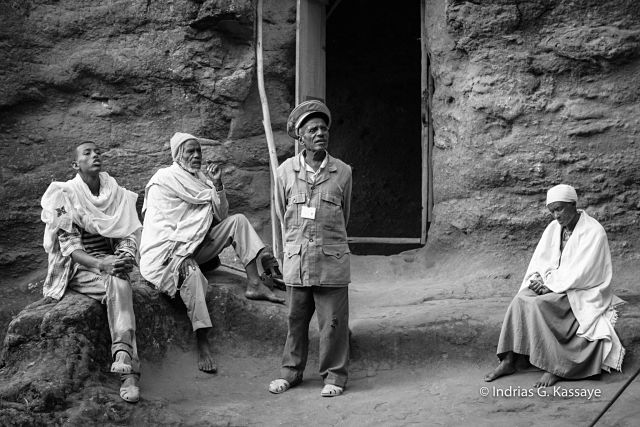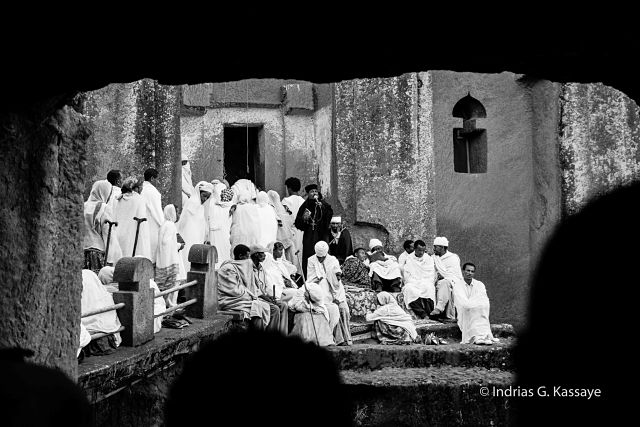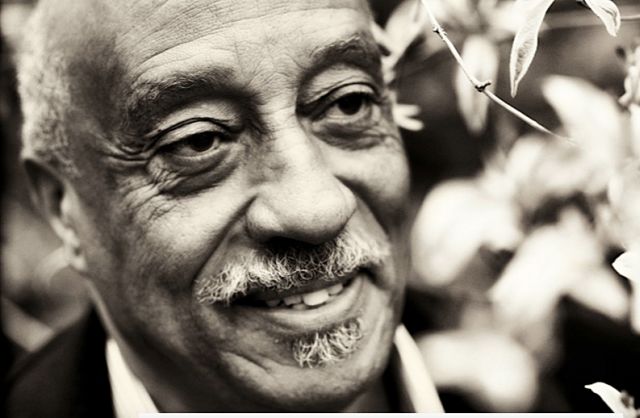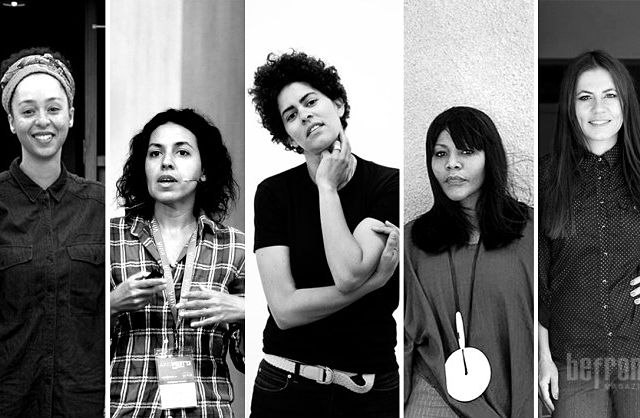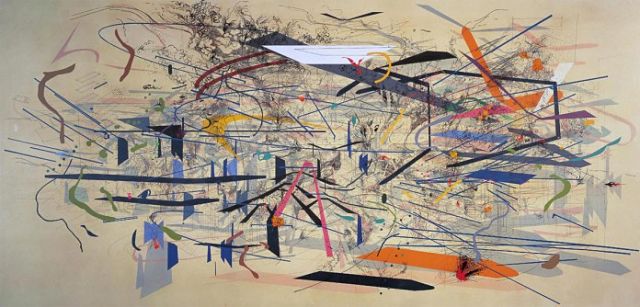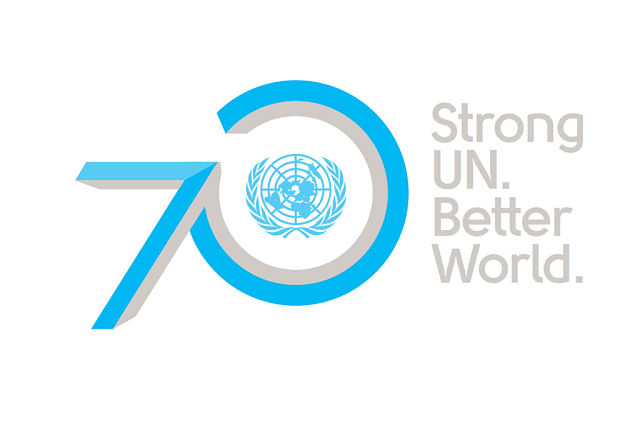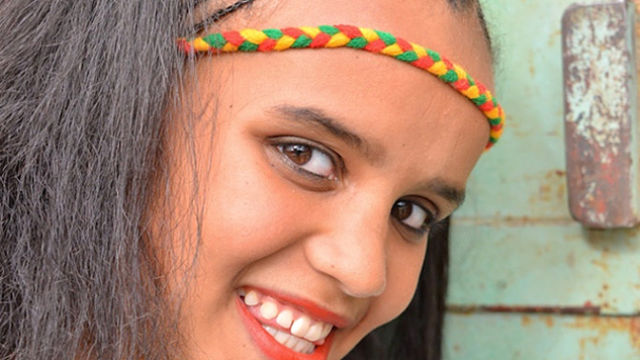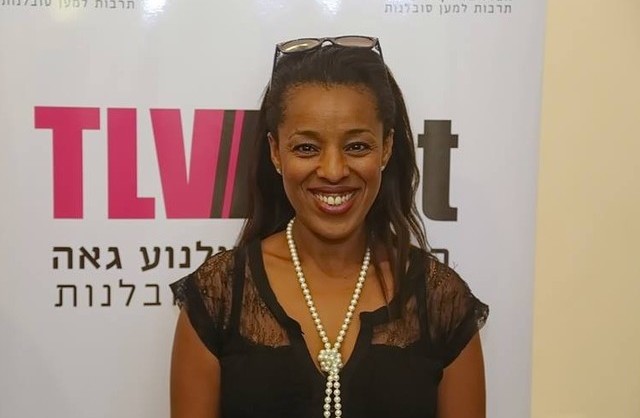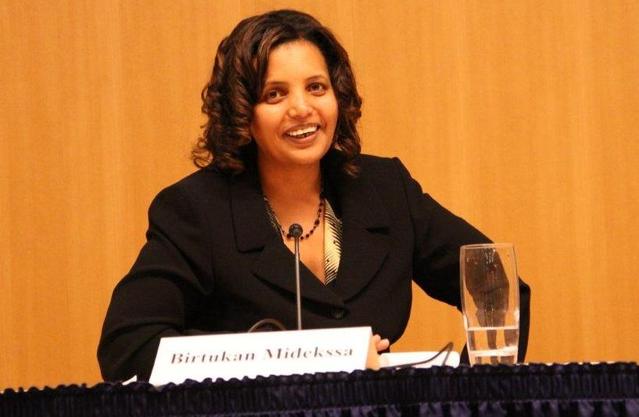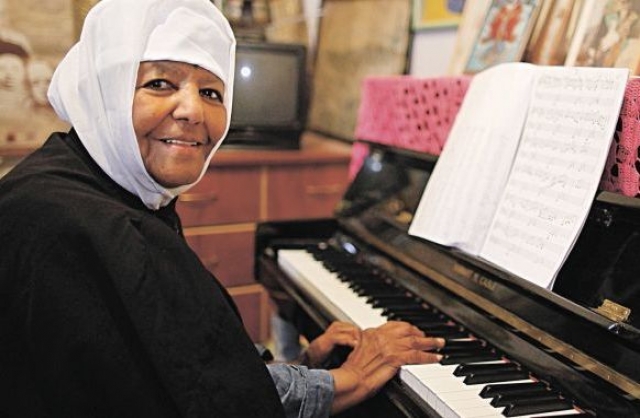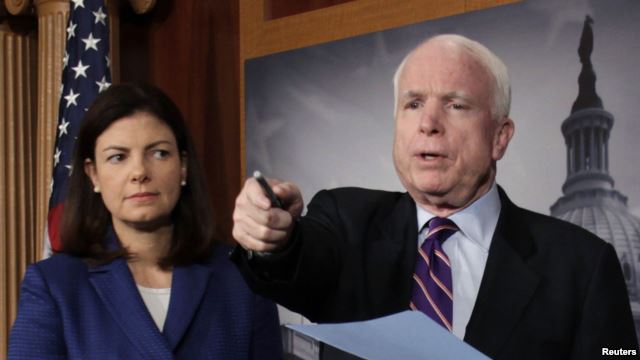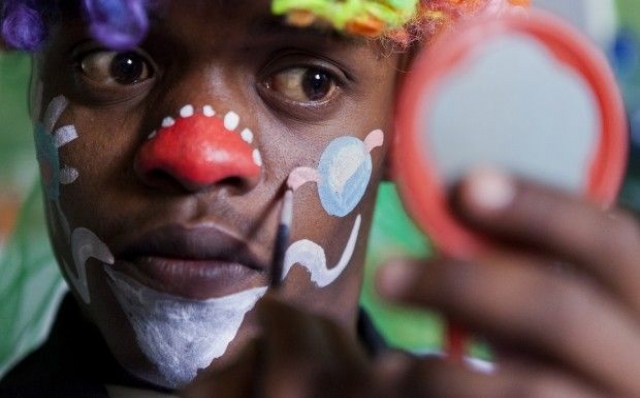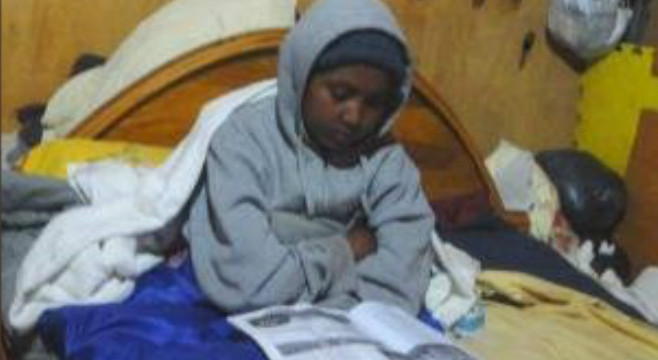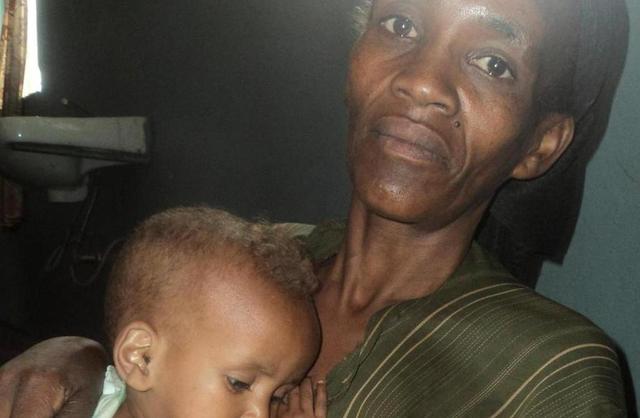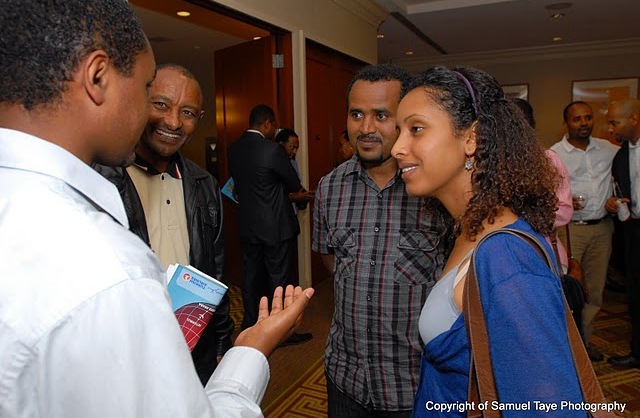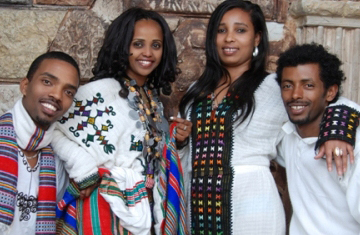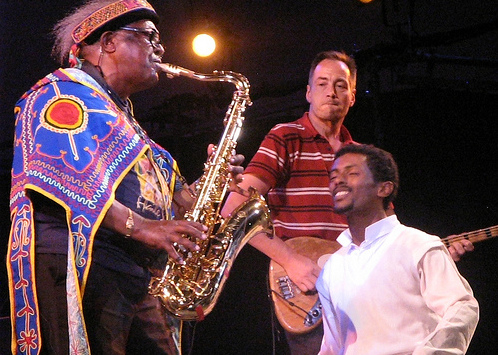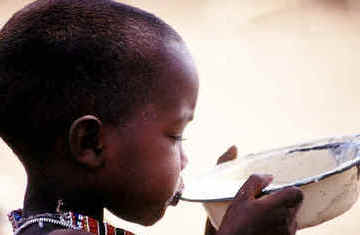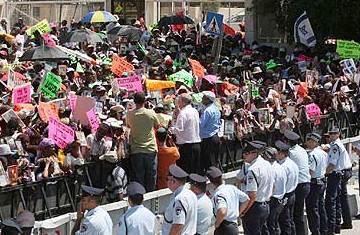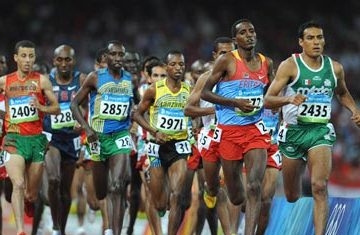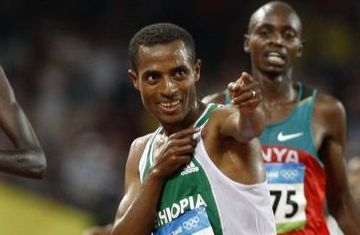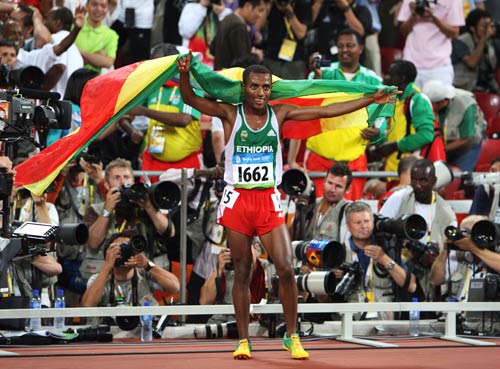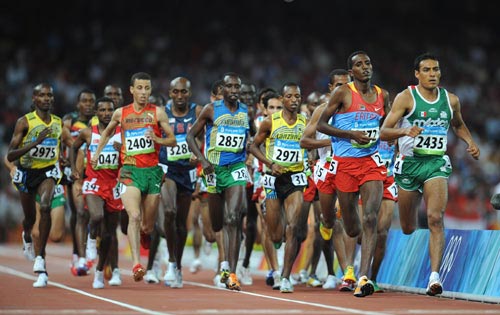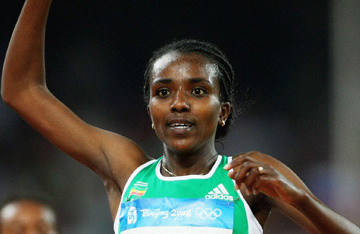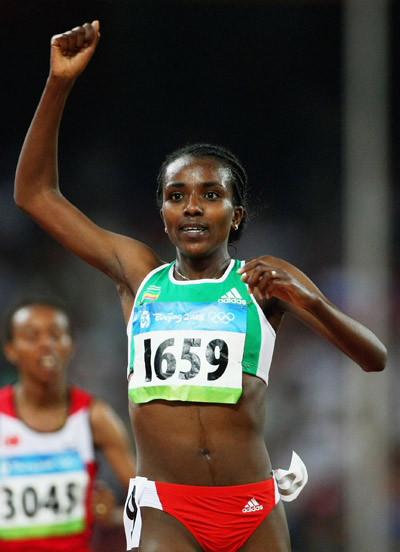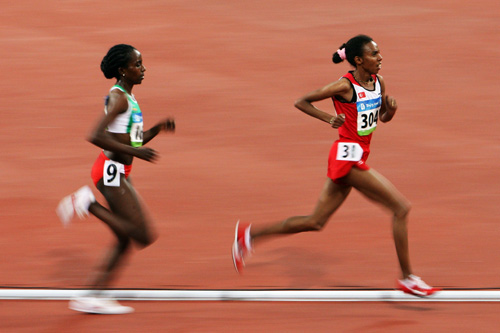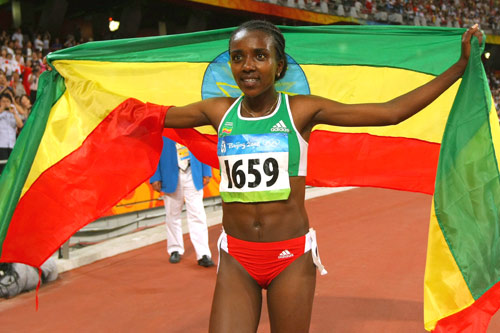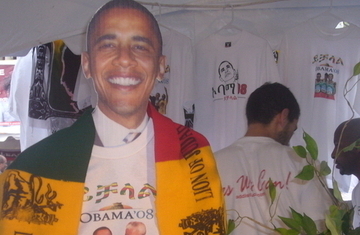
Opinion
By Donald N. Levine

Published: Monday, August 18, 2008
New York (Tadias) – What a season! In Ethiopia and in the United States, we hear similar laments: inflation brings miseries; rich/poor gap widens; sick people lack care; environments worsen; human rights burn; energy grows scarce; media cave in; schools are inadequate. And we face baneful consequences of invading another country in an ill-conceived quest to stamp out perceived security threats. It’s enough to make you feel gloomy.
So whence the mood of buoyancy, fresh determination, breakthrough ideas, and enlarged visions in the U.S.? It’s through a leader who works to bring folks together to address crippling problems in a forthright, competent, and consensual manner. Not a power-mongering demagogue, Barack Obama projected a vision when he told his followers: “This election victory is not about me. It’s about you!” It is about seeing how much good can come from harnessing the free proactive power of millions. In the words of Common Cause president Bob Edgar, “We are the leaders we have been waiting for.”
Barack Obama’s power stems also from identifying with figures who inspired us in dire times–Franklin Roosevelt, for calming a torrent of paralyzing fear; John F. Kennedy, for fostering idealism while facing down threats; Dr. Martin Luther King, Jr., for incandescent dreams; even Ronald Reagan who, despite regressive economic policies, raised a dispirited public’s morale.
Ethiopians, too, recall many who brought inspiration in times of peril: Emperor Yohannes who fell fighting against invaders; Emperor Haile Selassie who stood tall at the League of Nations; and, among many who opposed Italian Fascism, heroes like Lorenzo Taezaz, Abuna Petros, and Mulugeta Buli. They remember Kifle Wodajo, who promoted democracy under a regime unschooled in its ways. They admire innovators, such as General Siye Abraha, who renounced ethnic chauvinism for multiethnic inclusiveness; Elias Wondimu, who built a publishing program of high standards and an institute for nonviolent solutions; Judge Bertukan Midekesa, who survived a horrendous prison with great forward-looking spirit; and Pastor Daniel Gebreselassie, who helped many thousands of prisoners and resolve Ethiopia’s political paralysis.
Barack Obama draws on his appeal to an empowered citizenry and his stock of inspiring figures to energize an audacious search for fresh solutions to current dilemmas. I’ll name but three.
Transforming energy use
In stunning contrast to a regime that denies global warming, reduces environmental protections, dismisses science, and favors expanded use of oil, Barack Obama vigorously promotes conservation, respect for science, and search for alternative energy sources. His bold new energy plans include ways to slash oil consumption, cut greenhouse gas emissions 80%, create five million green energy jobs, and expand renewable energy sources.
Transforming foreign policy
Invading Iraq, Americans now believe, was a disaster on every count: politics; ethics; economics; security. That invasion stemmed from a mindset that reduces international issues to a divide between good guys and evil guys, eager to use force against the latter. Already when campaigning in January 2000, Bush proclaimed: “When I was coming up, it was us vs. them, and it was clear who them was. Today, we are not so sure who the they are, but we know they’re there.” Obama’s early rejection of the Iraqi war option as leading inexorably to “an occupation of undetermined length, with undetermined costs, and undetermined consequences” reflects a mindset committed to analyzing what makes the U.S. truly secure. This includes promoting an international context in which we say, “to those yearning faces beyond our shores: ‘You matter to us. Your future is our future.’”
Reconfiguring political energy
The Bush administration has shown its blatant disregard of American citizens in so many ways. These include ignoring danger signals and providing pitiful relief for the Katrina disaster; squandering an opportunity to mobilize Americans for public service after 9/11 by asking Americans only to go shopping; and undermining democratic institutions by abrogating provisions of the U.S. Constitution and the Bill of Rights. In sharp contrast, Barack Obama’s fidelity to the Constitution was shown abundantly in his years of teaching Constitutional law at the University of Chicago Law School, and his commitment to reversing the politicization of the Bush Administration’s Department of Justice. Obama plans to expand opportunities for Americans to engage in national and community service and the Peace Corps, and to engage retiring Americans in service on a large scale. He has a stunning track record of listening to the voice of citizens, and understands that in democracy the press needs to censure government, rather than the government to censoring the press.
The Appeal to Ethiopians
Ethiopian Americans tell me they find the Obama candidacy worth supporting for one or more of three different reasons. Like other Americans, Ethiopian Americans find hope in a wide range of his policy proposals, like the sample listed above (and others; see barackobama.com). They also see how the directions Obama promises for the U.S. may offer a model for Ethiopia. And many hope that an Obama administration might reorient American policy toward Ethiopia and the Horn in more constructive directions.
Forward-looking Ethiopians, including many in the Ethiopian Government, see promise in adapting advanced green energy technologies and thereby enabling Ethiopia to leap-frog the stage of industrialization that the West and East Asian countries have undergone. For the U.S. and other donor nations, this implies a shift from stopgap relief mentality and old-scale types of capital investment to technologies that harness solar energy, wind energy, geothermal energy, compact water turbines, and better waste management.
Forward-looking Ethiopians, including many in the Ethiopian Government, see the pitfalls of the Ethiopian invasion of Somalia and even more so the consequences of the scorched earth policy in the Ogaden. They prefer the sort of policy that Germame Neway pursued, working to integrate Ogaden inhabitants into the Ethiopian nation by offering them abundant life-enhancing services.
For the U.S., an Obama approach would avoid the shortcomings of basing African engagements so much on a trigger-happy counter-terrorist disposition, a change that former Ambassador David Shinn and former Chargé d’Affaires Vicki Huddleston have advocated.
Finally, Obama’s commitment to mobilizing citizens for public service and respecting human rights has conspicuous relevance to changing Ethiopia. It would imply support for empowering “the bottom of the pyramid.”
Regarding U.S. policies, it might expectably lead to more effective support for Ethiopians who want to promote a free press, including local radio that gives voice to people, and capacity-building for the advancement of nonviolent solutions and protection of human rights.”
Ethiopians can experience the same turn-around, in ye-bet agar as well as in ye-wutch agar, that Obama’s campaign for change promises. Awo Inchilallen!
For now, what better way than to join forces with Ethiopians for Obama? Or even join with neighbors from the larger Horn of Africa to set up a new support group: why not SEEDS [Sudan, Ethiopia, Eritrea, Djibouti, Somalia]-Americans for Obama?”
—-
About the Author:
Donald N. Levine served as the Peter B. Ritzma Professor of Sociology at the University of Chicago. His research and teaching interests focus on classical social theory, modernization theory, Ethiopian studies, conflict theory and aikido, and philosophies of liberal education. He is a colleague of Senator Barack Obama from their teaching days at the University of Chicago.
Cover image: From a photo booth with Obama wearing a traditional Ethiopian shawl at D.C. Soccer Tournament 2008 (Tadias)
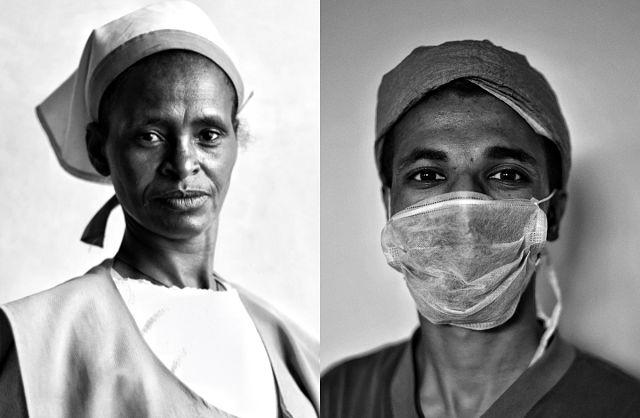 (Photography by Redeat Wondemu)
(Photography by Redeat Wondemu)
